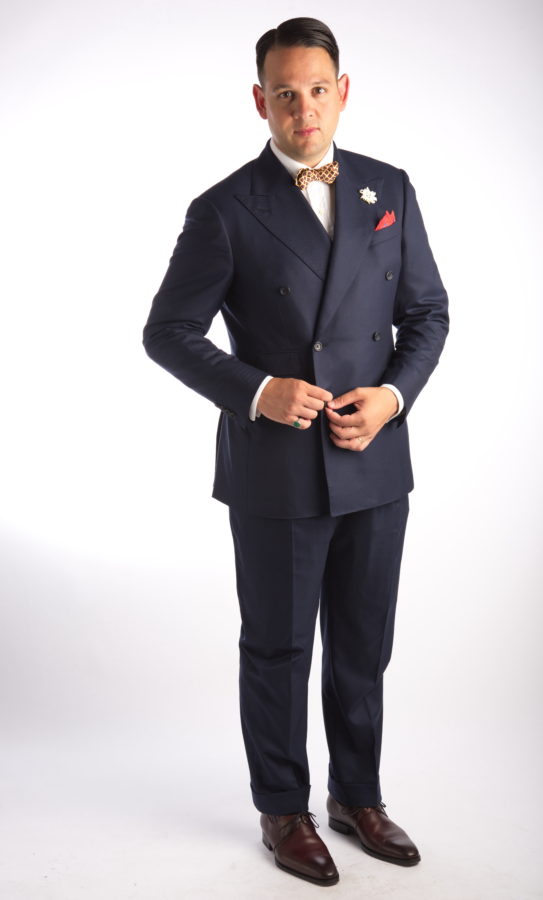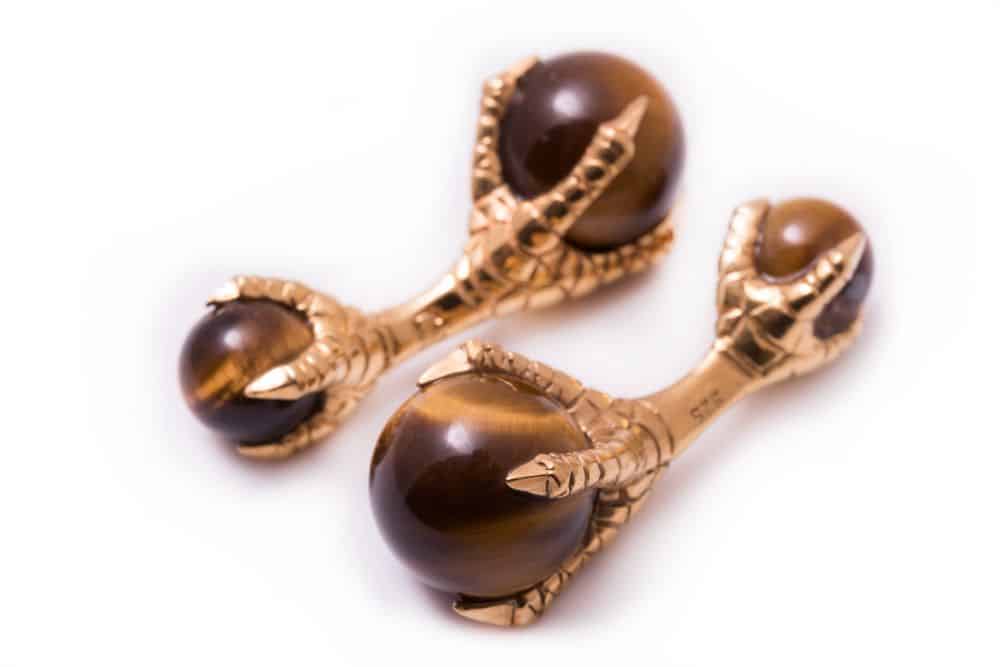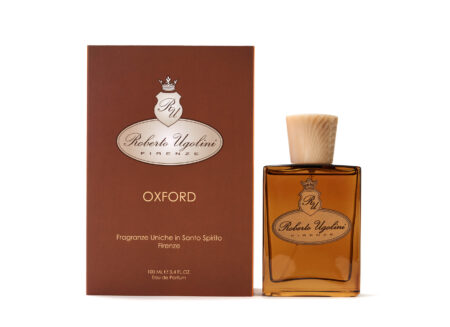Are you new to the world of classic style and looking to take your outfits to the next level? We’ve got seven tips for the Aspiring Gentleman.
- 1. Invest in Quality, Not Quantity
- More Menswear Regrets
- 2. Look At The Construction Methods, Not The Brand
- 3. Invest in Your Shoes First
- 4. Classic Style Doesn’t Just Mean Suits
- 5. Buy At Least One Quality Suit
- 6. Don’t Neglect Your Accessories
- Outfit Rundown
- 7. Rely on Others
- Conclusion
- Frequently Asked Questions
By the way, we define an Aspiring Gentleman as anyone—yes, anyone— first exploring the world of classic menswear and fine living. What kind of gentleman are you? Take our free quiz!
What Type of Gentleman Are You?
1. Invest in Quality, Not Quantity
The number one mistake Aspiring Gentleman makes is trying to buy too much, too quickly. Without considering the long-term quality of an article of clothing or how it integrates into what you already own, it’s incredibly easy to get overwhelmed with all of the different choices and style quirks out there.
Too often, we try to get everything all at once, and we try to get our dream wardrobe right away. This is also the path fast fashion teaches us since items are designed to be immediately affordable even if they don’t last long term. However, classic style is about doing more with less and being frugal and sustainable when it’s called for. So, it’s better to slowly build up your wardrobe over time.

Take time and care as you
Build Your Wardrobe
It can take years to have a fully comprehensive wardrobe and that’s completely normal; and if you’re like us, it’ll never actually be completed. Your taste will change as you start to learn more about classic menswear and understand what you personally like and don’t like. What seems cool at first often turns out to be a regret later.
We at the Gentleman’s Gazette have all done this, including Raphael. Plus, your body will likely change as you age and grow, and some of your initial purchases might no longer fit by the time you fully refine and adapt your style. You won’t be an Aspiring Gentleman forever and changes in life will present new opportunities to dress your age.
That being said, don’t let style mistakes get you down. It’s inevitable you’ll make some mistakes along the way, no matter how much you research and learn beforehand, and to keep your closet free of items you don’t actually wear, there’s nothing wrong with selling or donating older purchases as needed.

Also, we’re not saying that quality and quantity have to be mutually exclusive. They can often be balanced by the amount you can invest.
Once you develop an eye for quality, don’t be afraid to acquire a “quantity of quality.” Don’t think that classic style means conforming yourself to capsule wardrobes, and don’t think you should only buy the best of the best. Sometimes, more products at a lower quality can be a better choice for you.
For instance, rather than buying one bespoke cashmere waistcoat, you might get more use from three off-the-rack wool waistcoats in different colors. Just try to find the best balance for you, your personal style, and your financial situation.
More Menswear Regrets
2. Look At The Construction Methods, Not The Brand
Fashion houses are often considered the pinnacle of quality by the masses and their marketing has only reinforced this idea, but did you know that many of their products aren’t even well-made?
In fact, many brands that most people consider “peak fashion” like Louis Vuitton, Gucci, Hugo Boss, and Armani have been well-documented to use inferior construction methods in many of their products. Talk about a fashion conspiracy!
Meanwhile, many of the most well-made and respected brands in classic menswear aren’t as high-profile, and brands that were once good don’t always stay good as ownership changes, market demands have their impact, or rebranding can change the original intentions behind what they produce.


What companies like Burberry and Abercrombie & Fitch produce today is very different from what they made 50 years ago. Even some genuinely high-quality brands have a name markup, such as Ralph Lauren Purple Label, Tom Ford, or Loro Piana.
The situation here is to learn how quality clothes are made and why some construction methods are better than others, which, by the way, will help you tremendously when secondhand shopping and save you a ton of money in the long run. In other words, privilege the brands that give you as much information as possible about their products since it’s often a good indicator that they’re proud of what they make and want to help you make informed decisions about what you’re purchasing rather than just making a sale.

3. Invest in Your Shoes First
When you’re taking your first steps as an Aspiring Gentleman, the shoes you wear are quite literally the foundation for everything else and—unless you invest in a quality pair that is durable, comfortable, and offers good cost-per-wear—making the transition to the classic style could be a literal pain instead of a metaphorical one.
While you, by no means, have to spend thousands of dollars on Edward Green or John Lobb shoes as your first pair, many entry-level shoemakers, who have quality products, will still hover around the $200 to $500 range, which can cause some initial sticker shock.
But when the hallmarks of quality shoes guide you, you’ll find some examples that are made from hard-wearing leather, can be resoled as needed, and have versatile styling potential, making their cost-per-wear much lower than cheaper shoes.
Carmina: Is It Worth It?
Don’t worry that your shoe closet isn’t as big as Raphael’s yet. Aspiring Gents—and, really, all gents—can get away with just two pairs of high-quality shoes since they can cover nearly every occasion that would call for them.
We recommend investing—first and foremost—in a more formal black shoe and a more casual brown shoe. You could even focus on just one pair as a darker, more formal brown can also work for everything except the most formal of occasions, like Black Tie.


That’s not to say that you can’t or shouldn’t look beyond those two choices, as you can just as easily own dozens of dress shoes to optimize all of your outfits. But, when you’re first starting out as an Aspiring Gent, try to pick something that will go with your lifestyle, leading to our next point.
4. Classic Style Doesn’t Just Mean Suits
Who doesn’t love a good suit? But, if even we at the Gentleman’s Gazette don’t wear them all the time, you probably won’t need to either. There are many different levels to formality and there are certain occasions where one formality is better suited than others. If you work in a traditional, white-collar environment, odds are you’ll need more suits than someone who works at a warehouse or factory; whereas someone in a factory environment might get more value out of owning quality boots or more rugged outerwear.
Classic menswear isn’t just defined by suit wearing.
In fact, some of the best and most stylish examples of classic menswear are more casual ensembles. Wearing a suit all the time—regardless of the occasion—can also come across as more costume-y than stylish. And while you shouldn’t let other people discourage you from dressing the way that you want to, it’s also understandable if you get weird looks wearing a White Tie ensemble to a barbecue.
“Help! My Friends & Family Don’t Understand My Style!”
There’s a strategic middle ground here and understanding formality levels will help you to look your best without coming across as affected or off in the process. Dressing classically doesn’t mean being “ultra-formal” at all times.
Where you live can also have an impact on what you wear. Someone living in Manhattan will probably have a very different wardrobe than someone in Phoenix or Atlanta, even if they work in similar fields.

For instance things, like seersucker and ivory-tone garments will get more use in warmer climates. In summary here, build your wardrobe around your lifestyle.
5. Buy At Least One Quality Suit
Everyone interested in classic style still needs at least one suit. There are some life events where it’s simply necessary, and having a suit on hand that you know you look great in when they inevitably arise is far better than having to get one on short notice.
A navy or charcoal gray suit will cover the broadest range of occasions and is the conventional first option, ensuring that you’re prepared for most occasions and formalities. But, ultimately, it’s your suit. So, invest in a suit that you’re actually excited to wear.


For instance, a dark brown or royal blue suit is still conservative enough to fit these conventions while being sufficiently different to stand out in a subtle way. You could even get something bolder if that’s your style—like a burgundy or off-white suit, because a bolder suit you actually wear is much more stylish than a gray suit that sits in your closet. Just make sure that your bolder selection remains versatile enough to go with a variety of shirts and ties!
Unconventional Suit Colors for Men
6. Don’t Neglect Your Accessories
We usually focus on jackets and outerwear first when discussing how to build a wardrobe. They undeniably have the biggest cool factor and are the most noticeable change you can make when discussing classic style. However, even the most lavish suit will look cheap when paired with a polyester dress shirt and Mickey Mouse tie.

Overlooked accessories like dress socks and quality boutonnieres can elevate an otherwise pedestrian outfit. This is because quality accessories give that extra pop and show thought in assembling your outfits.
High-quality accessories comparatively have a much lower price point than new jackets, pants, and shirts. This allows you to create more outfits with less money, which is always a win in our book.

Fort Belvedere
Navy Blue Paisley Silk Wool Pocket Square

Fort Belvedere
Yellow Dandelion Boutonnière Flower

Fort Belvedere
Eagle Claw Tiger's Eye Cufflinks
Men’s Jewelry: All About Rings, Chains, & More Accessories
Outfit Rundown

Before we get to today’s final point, I’ll show you how I have incorporated accessories into my outfit. With my outfit today, I wore a houndstooth sport coat; underneath, I have a textured polo.
On my neck—just kind of incorporating accessories—I have two layered silver necklaces, and I just find that that’s something that’s very unique and, again, just kind of adds a little bit of a pop to my outfit.
For my belt, I wore a suede belt and just kind of made a play with my shoes because they are also brown.
For my bottoms, I decided to wear a pair of dark wash denim; and for my shoes, I’m wearing a pair of brown Belgian loafers. It’s a little bit of an accessory just because it has the bow on the top of it. The biggest and most noticeable accessory is my watch. This is a Timex watch. It’s a Marlin. It’s an automatic. Absolutely love it; and then just kind of drawing off of the brown in my outfit, it has a brown leather band.
For my fragrance, I’m wearing Oxford. I feel like it goes very well with my outfit. I just love the way that this fragrance smells. For this fragrance and others from the Roberto Ugolini collection—as well as classic menswear accessories—make sure you check out the Fort Belvedere shop here.
7. Rely on Others
One of the advantages of classic style is that it allows you to benefit from the sum total of decades of others’ experiences. So, you have literal centuries to look back on to see excellent examples of it in action—plus inspiration from classic films, modern period pieces, and the Golden Age of Hollywood.
In your personal journey, don’t feel like you have to reinvent the wheel. Find style icons that resonate with you—both in history and contemporary examples like influencers on social media. Utilize their style as part of your own style journey.

surround yourself with
Like-Minded Individuals
You can also make an effort to befriend people with similar styles as we’ve done with the gatherings we’ve held in Minneapolis, Atlanta, and London.
Side note: Stay tuned for London videos.
There are plenty of trusted sources and groups out there who specialize in providing this information, so you can expand your knowledge and refine your tastes, and since you’re here, you’ve already found a good one.
Conclusion
Classic style, as with many things in life, is a journey, but we hope we’ve made getting started a bit easier for you.
Have any advice we missed? Let us know in the comments.
Frequently Asked Questions
What is an Aspiring Gentleman?
We define an Aspiring Gentleman as anyone who is starting their journey into Classic Style. They are interested in the look but have not yet fully gained the knowledge, experience, or wardrobe of this way of dressing. However, an Aspiring Gentleman is eager to learn and is known for providing a unique, unexpected take on Classic Style.
How do I get started in Classic Menswear?
Building up a classic wardrobe is a slow and gradual process. Once you have your dress shoes and starter suit down, think of classic pieces that would best blend in with your lifestyle.
What makes classic style?
Classic style is broadly defined as the clothing styles that you would’ve seen worn both in the 1920–1960s and a contemporary setting without looking out of place.







I have found a Facebook Group entitled “Dapperly Dressed in a Casual Age” to be of IMMENSE help in bouncing ideas and looks off of liked minded individuals. I wish GG had such a room/page.
Dear Tomas, tell me more about that. What exactly do you like. What value could we add? What are you thinking about?
Glad I found GG. Helped me refine and find a look I’m happy with.
That’s wonderful to hear, Peter – how would you describe your style now?
I couldn’t agree more that good shoes are the first thing you should purchase. There’s nothing more expensive than cheap shoes. Good handmade welted shoes (not necessarily custom made, but handmade) that can be resoled (whether you choose rubber or leather soles) will save you money in the long run.
Most of my clothes are purchased second-hand at thrift stores or eBay, and found GG to be a great resource for information on materials and construction details to help me determine which manufacturers (and during what time periods) are going to be a good purchase. It helps to find a small number of labels that use consistent sizing so you can feel confident that a particular piece of clothing will fit reasonably well, and then make friends with your local alterations tailor.